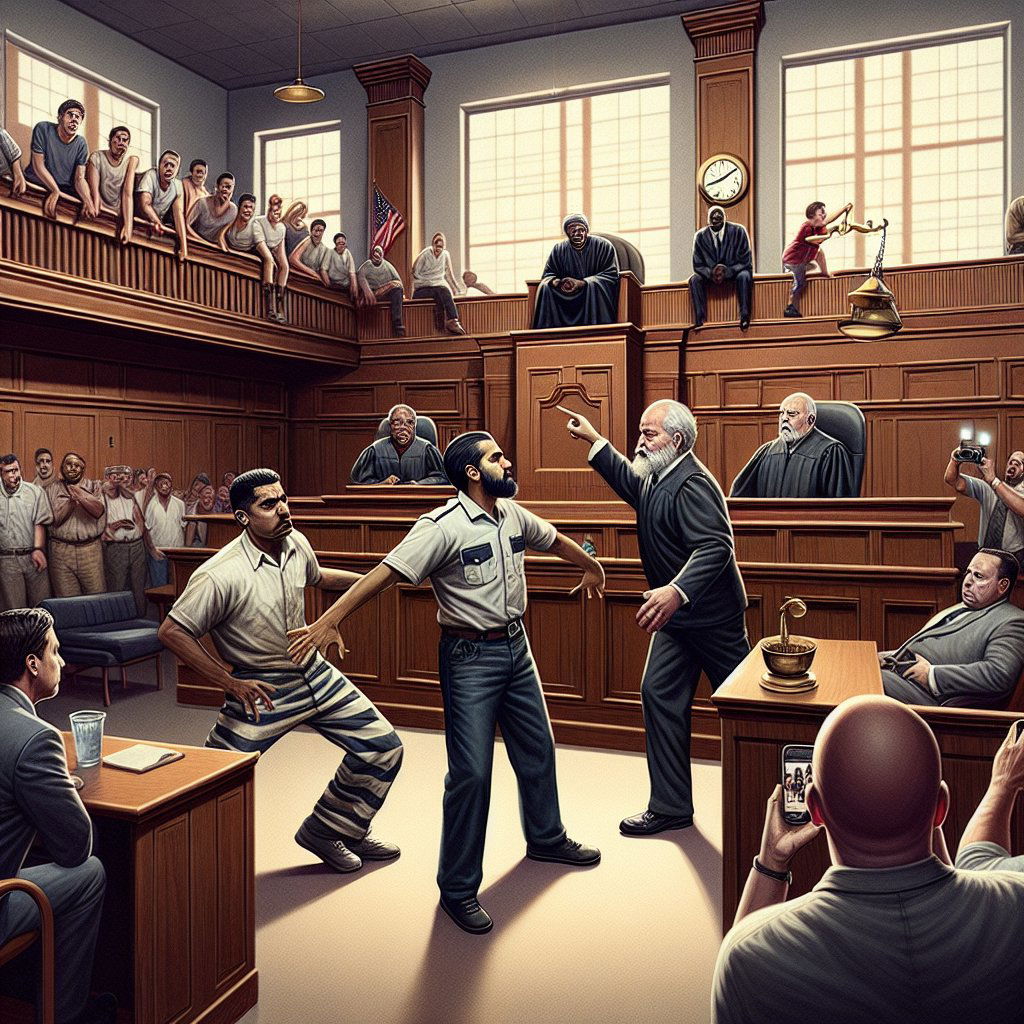Image: AI generated for illustration purposes
EFF Calls Out Judge Mokgoatlheng for 'Parliament Fighting' Comment Amid Meyiwa Trial
The Economic Freedom Fighters (EFF) have vocally criticized High Court Judge Ratha Mokgoatlheng's remarks during the Senzo Meyiwa murder trial, which compared an altercation in his courtroom to disruptive behavior occasionally witnessed in the South African parliament. The judge, presiding over the high-profile case, reprimanded those involved in the scuffle, drawing analogies to parliamentary conduct, and this has drawn the ire of the EFF.
The incident that sparked this contention unfolded when accused Mthokoziseni Maphisa was confronted by a prison warden, Vusi Jele, for sitting atop a bench in the courtroom. What followed was a minor physical altercation that rapidly gained traction on social media platforms, propelling the courtroom proceedings to the limelight.
Judge Mokgoatlheng decried the scuffle, remarking on the unruly manner, likening it to aggressive confrontations in the country's parliament. His comments broached sensitive memories of disruptions during the State of the Nation Address (SONA) of 2023, where EFF members had caused a significant stir as they sought to hold President Cyril Ramaphosa accountable.
Although Judge Mokgoatlheng did not specifically single out any political party or individuals in his statement, the EFF saw his comparison as a direct stroke at their actions in parliament. They argued that the portrayals during the SONA in 2023 neglected the physical aggression and violence exercised by security against the parliamentarians rather than the other way around.
The EFF has reiterated their perspective that the unexpected actions during SONA were part of a peaceful endeavor to challenge the President and hold him accountable. They contend that any violence arose not from their members but from security personnel. Through a statement extended on Twitter and other social media channels, the party criticized Judge Mokgoatlheng for what they considered irresponsible and distastefully political commentary.
This controversy strikes shortly after six leading EFF members, including Julius Malema and deputy leader Floyd Shivambu, were found guilty of contempt in parliament by the powers and privileges committee, underscoring a period of heightened scrutiny of the party's approaches to protest and accountability.
The judiciary in South Africa has been subject to critique by the EFF previously. Just last month, Julius Malema openly pronounced Magistrate Twanet Olivier of East London as incompetent during his firearm discharge case. This preceded Judge Mokgoatlheng's incident and supports a trend where the EFF openly challenges judicial conduct that they deem political or compromised.
Public reactions on social media have been mixed, with some criticizing the EFF's aggressive stance and disdain for courtroom decorum, while others have aligned with the party's view that the judiciary should remain apolitical and focus strictly on maintaining judicial processes.
The EFF's statement has fueled discussions around judiciary conduct, the role of decorum in both parliament and the courtroom, and the appropriate type and level of activism within political and judicial settings.










